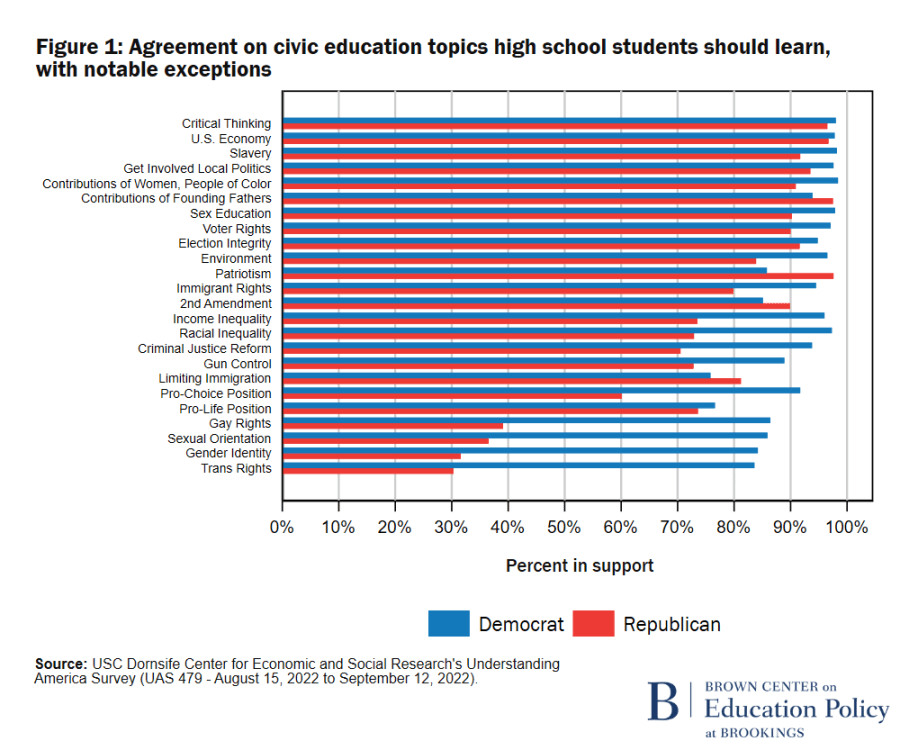This article explores the 10 most controversial political policies in history. These policies have had far-reaching impacts on various aspects of society and have sparked widespread debates and criticisms. From the Holocaust and the Transatlantic Slave Trade to the War on Drugs and the One-Child Policy in China, these policies have been heavily scrutinized for their inhumane, disproportionate, and ineffective nature. The article also sheds light on the positive and negative outcomes of these policies and the lessons we can learn from them. Ultimately, it highlights the importance of responsible governance and the need for policies that prioritize the well-being of all individuals.
The 10 Most Controversial Political Policies of All Time
Politics is the art of governance, and it involves making decisions that affect the lives of many. Governments around the world have implemented policies that have been a subject of debate and controversy. Some policies have been praised for their effectiveness, while others have been heavily criticized. The following are the ten most controversial political policies of all time.
1. The Holocaust
The Holocaust remains one of the darkest chapters in humanity’s history. The Nazi regime in Germany implemented policies that led to the extermination of six million Jews as well as several other groups. The policies included segregation, forced labor, imprisonment, and extermination camps. Even today, the Holocaust is a sensitive topic of discussion, and Germany has implemented laws to criminalize Holocaust denial.
2. Chinese Cultural Revolution
The Cultural Revolution was a policy implemented by communist Chinese leader Mao Zedong in the 1960s. The policy aimed to purge capitalist elements as well as traditional Chinese beliefs and practices from society. It led to the persecution of millions of Chinese citizens who were labeled as counter-revolutionaries. The policy was later criticized for its brutal nature and the loss of cultural heritage it caused.
3. Apartheid in South Africa
Apartheid was a policy of racial segregation that was implemented in South Africa in 1948. It was designed to keep the white minority in power while subjugating black South Africans. The policy led to institutionalized racism, economic inequality, and political oppression. The policy was met with strong global opposition, and it was eventually abolished in 1994 after years of protests and activism.
4. The War on Drugs
The War on Drugs was a policy implemented by the United States government in the 1970s. The policy aimed to curb drug use and trafficking through strict law enforcement measures. The policy has been criticized for its disproportionate impact on low-income communities and people of color. The policy has also been criticized for its ineffectiveness in curbing drug use and the high cost of law enforcement measures.
5. The Transatlantic Slave Trade
The Transatlantic Slave Trade was a policy that involved the capture, sale, and transport of millions of Africans to the Americas to work as slaves. The policy was implemented by European powers in the 16th century and continued until the 19th century. The policy led to the dehumanization and brutalization of millions of Africans and has had long-lasting effects on African diaspora communities.
6. The One-Child Policy in China
The One-Child Policy was a policy of population control that was implemented in China in 1979. The policy aimed to curb population growth through strict enforcement of one child per family. The policy was later criticized for its negative impact on Chinese society, including a gender imbalance, forced abortions, and human rights abuses.
7. The Patriot Act
The Patriot Act was a policy implemented by the United States government in response to the 9/11 attacks. The policy aimed to give law enforcement agencies increased powers to combat terrorism. The policy has been criticized for its infringement of civil liberties, including illegal searches and seizures, and the erosion of privacy rights.
8. The Policy of Manifest Destiny
Manifest Destiny was a policy that governed the expansion of the United States in the 19th century. The policy aimed to spread American democracy and culture across the continent, ultimately leading to the forced relocation and subjugation of Native American communities. The policy has been criticized for its disregard for basic human rights and the destruction of Native American culture and traditions.
9. The Gulf War
The Gulf War was a military conflict that took place between 1990 and 1991. The policy aimed to liberate Kuwait from Iraqi occupation and secure oil resources in the region. The policy has been criticized for its disproportionate use of force, the high number of civilian casualties, and the destruction of infrastructure and environment in the region.
10. The Kyoto Protocol
The Kyoto Protocol was a policy implemented by the United Nations in 1997. The policy aimed to curb global greenhouse gas emissions and mitigate the effects of climate change. The policy has been criticized for its lack of effectiveness in curbing emissions, and the unequal distribution of responsibility for emissions reduction among countries. The policy remains one of the most contested environmental policies in history.
Conclusion
The history of politics is marked by policies that have been heavily debated and criticized. Some policies have had long-lasting positive effects on society, while others have had negative impacts that are still felt today. The policies listed above are a sample of the most controversial political policies in history, and they serve as a reminder of the power of governments to shape the lives of millions.
